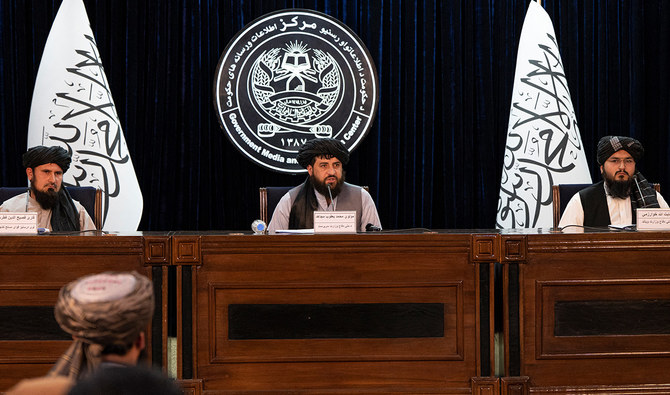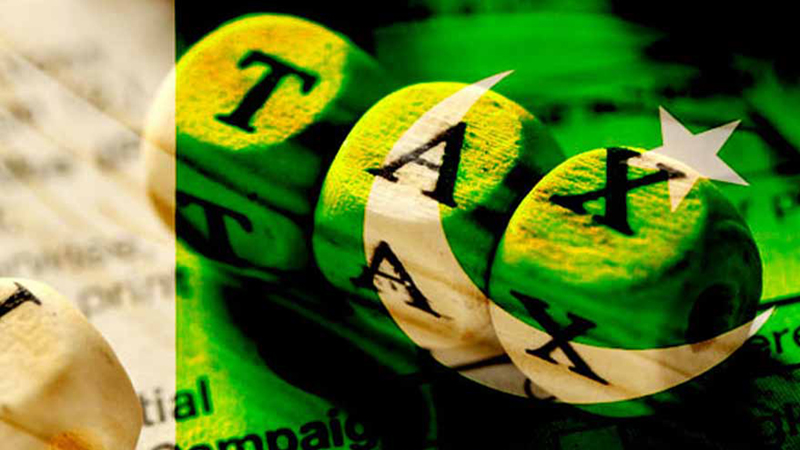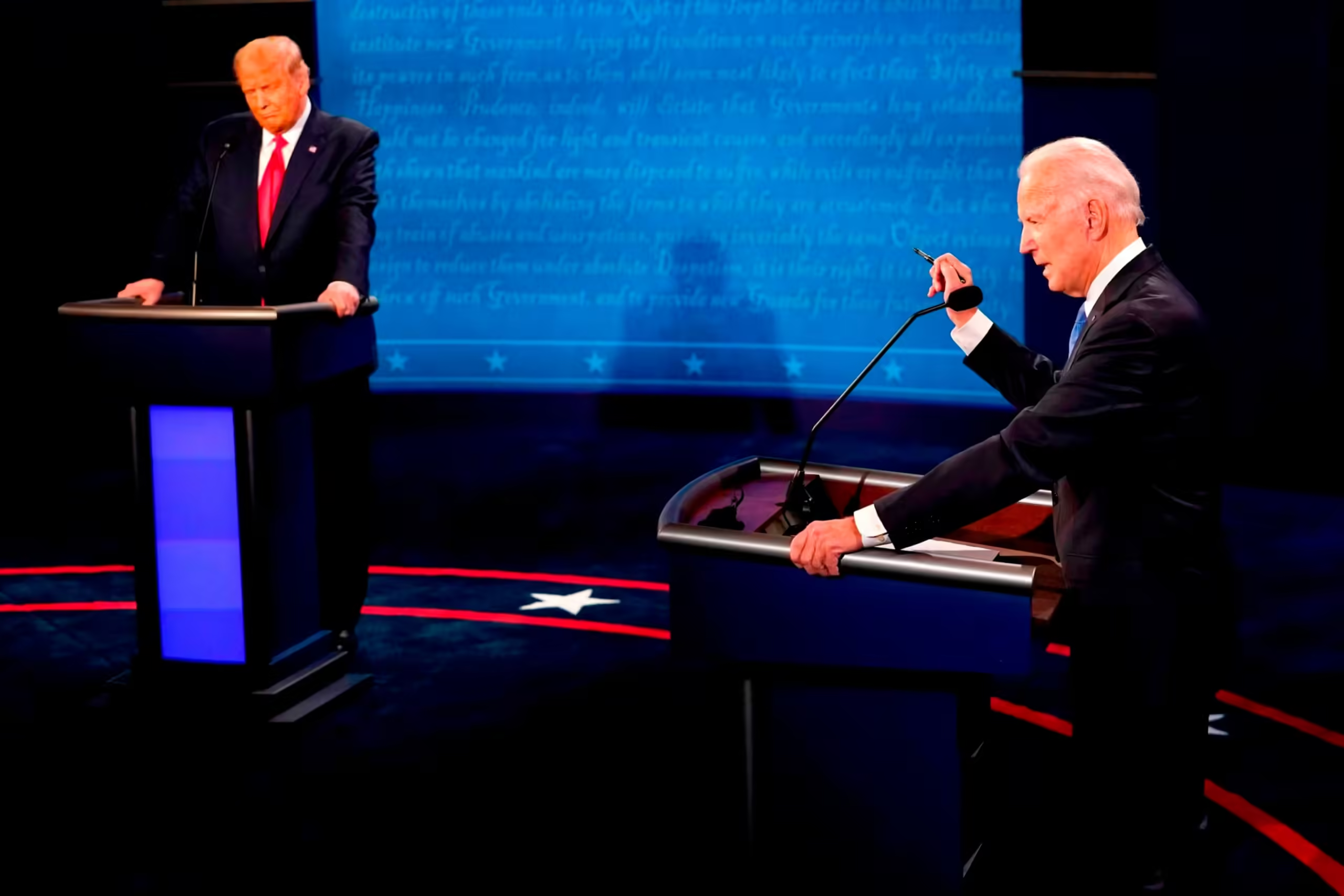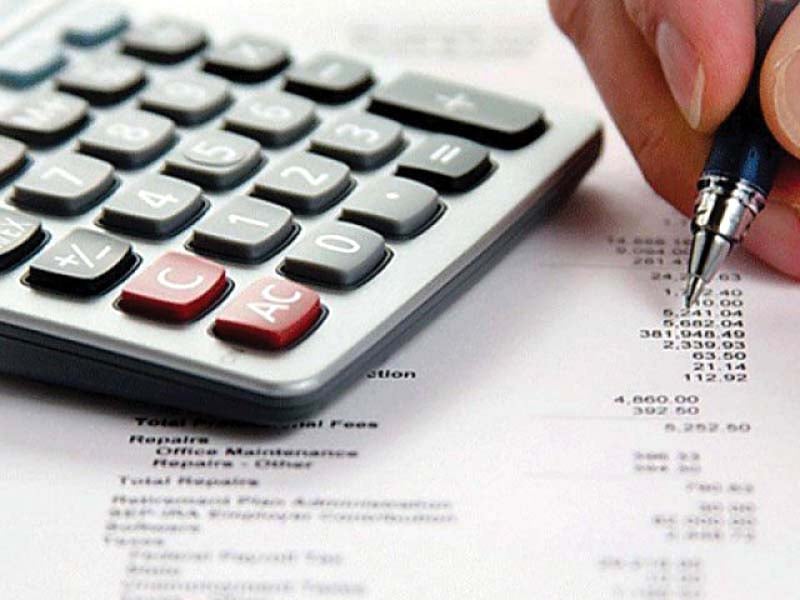Editorial
On June 25, the government presented a staggering Rs34.6 trillion borrowing proposal to the National Assembly for the next fiscal year. This substantial amount is slated to cover debt repayments, servicing needs, and the expenses of various constitutional organs of the state.
The majority of this allocation, approximately Rs33.8 trillion, is earmarked for domestic and foreign debt repayments and servicing. Shockingly, a significant portion of this borrowing, about Rs710 billion, is designated for the expenses of parliament, the Supreme Court, the presidency, and the Election Commission of Pakistan. What is concerning is that these state organs are set to receive budgets that are up to 63 percent higher than the previous fiscal year, despite the economic challenges facing the country.
This significant increase in spending by the state organs raises questions about the government’s commitment to curtail expenditures and impose austerity measures, as previously stated by the prime minister and the finance minister. Despite assurances of controlling excessive spending, the proposed budgets for these constitutional offices show a stark contrast to the proclaimed austerity measures.
For instance, the presidency has requested a record-high budget of Rs2.2 billion, marking a 62 percent increase from the previous fiscal year. Moreover, substantial increases in the budgets for both houses of parliament, accompanied by generous stipends for their staff, accentuate the government’s undeterred spending habits.
The reliance on borrowing to finance these charged expenditures further exacerbates the country’s mounting debt burden, reflecting a lack of fiscal discipline and responsibility from the ruling elite. While the government emphasizes the need for sacrifices and expenditure control from the citizenry, the evident reluctance to implement these measures within the highest echelons of the state raises concerns about the feasibility of the proposed borrowing and expenditure plans.
As the lower income groups continue to grapple with inflation and indirect taxes, the government’s insistence on extravagant spending sends a disheartening message about its commitment to addressing the economic crisis. Without a genuine commitment to fiscal discipline and substantial reduction in expenditures, it remains dubious whether the economy can recover from its current disarray in the near future.

















































